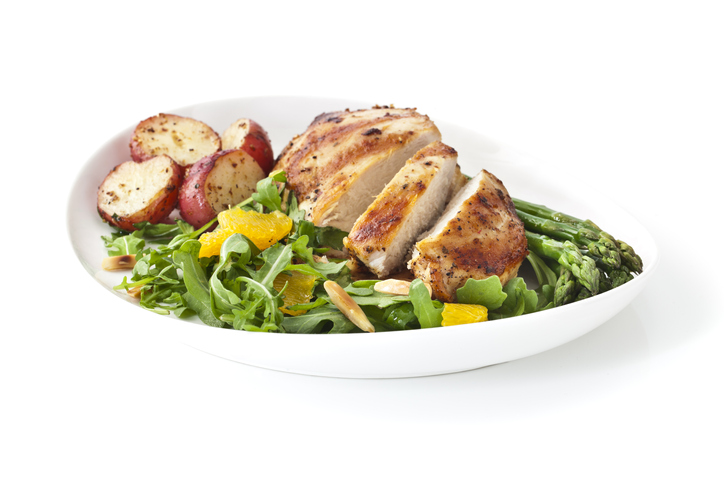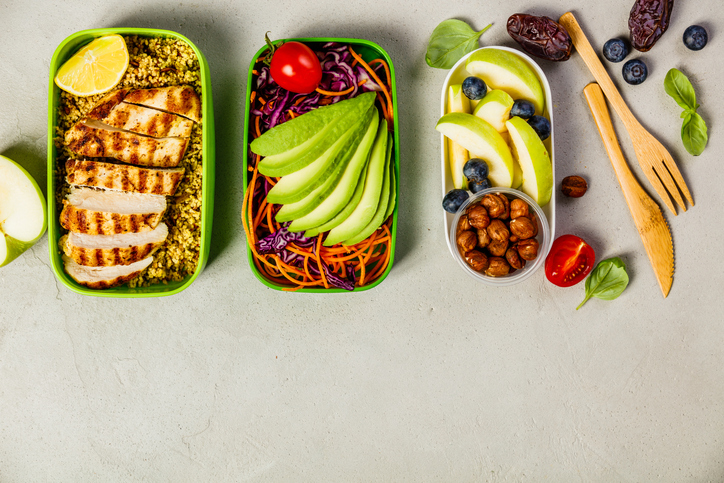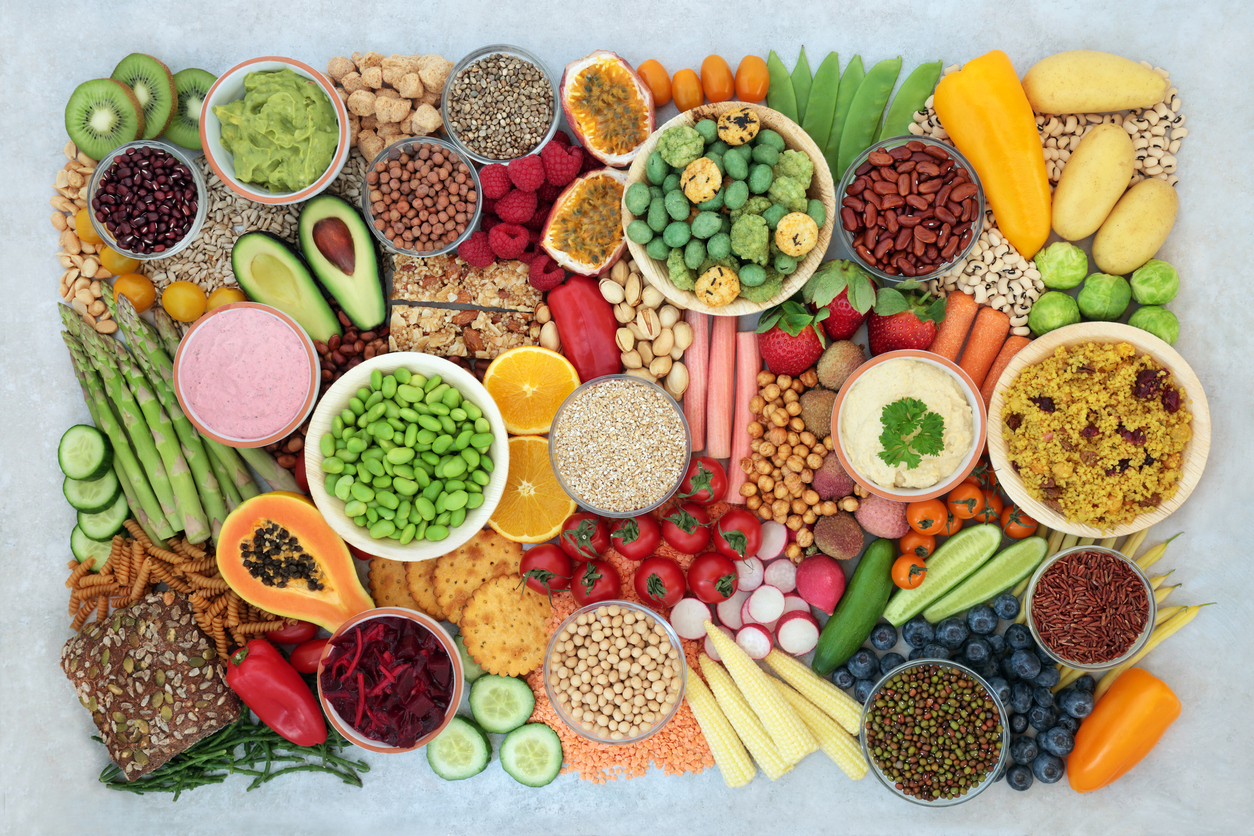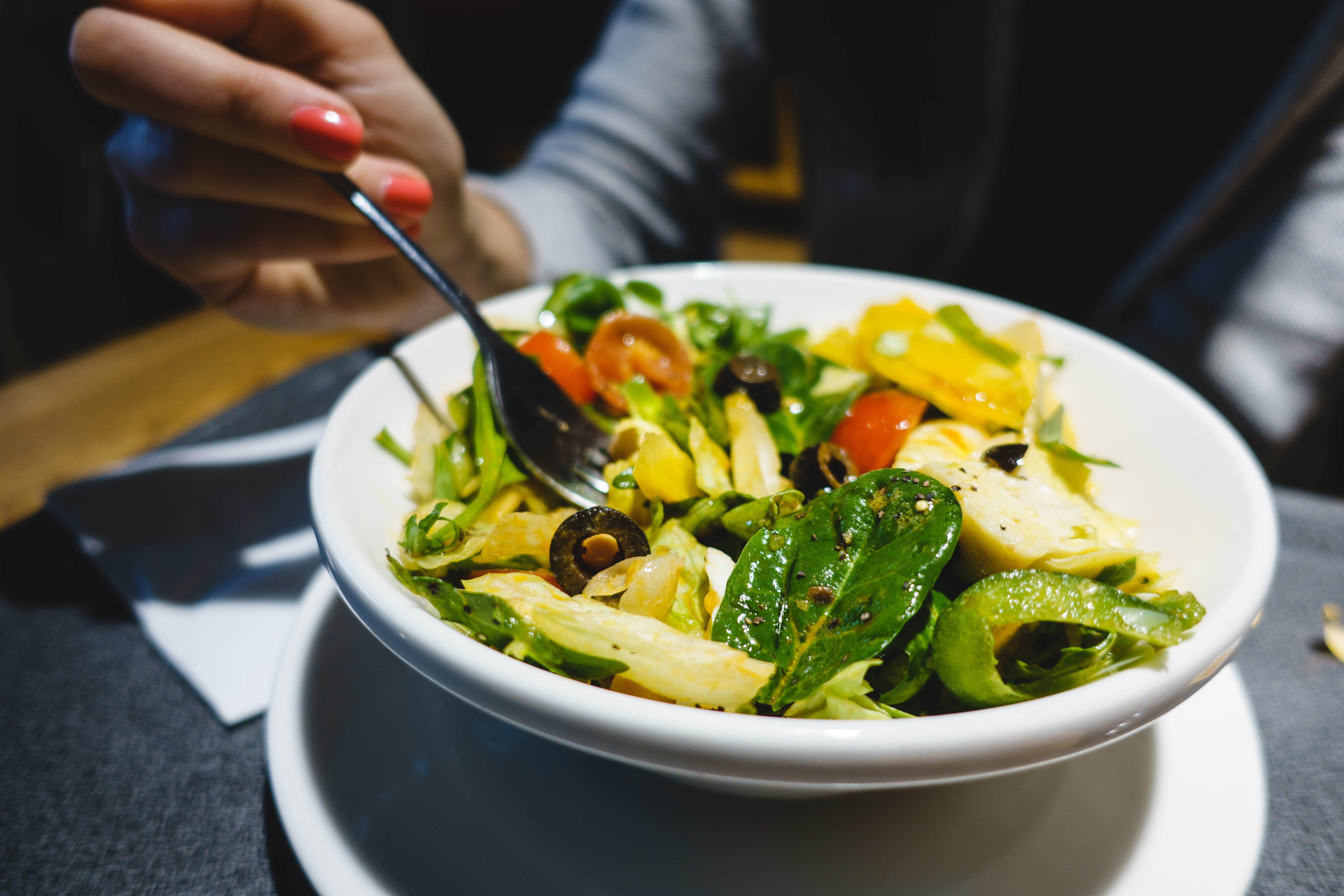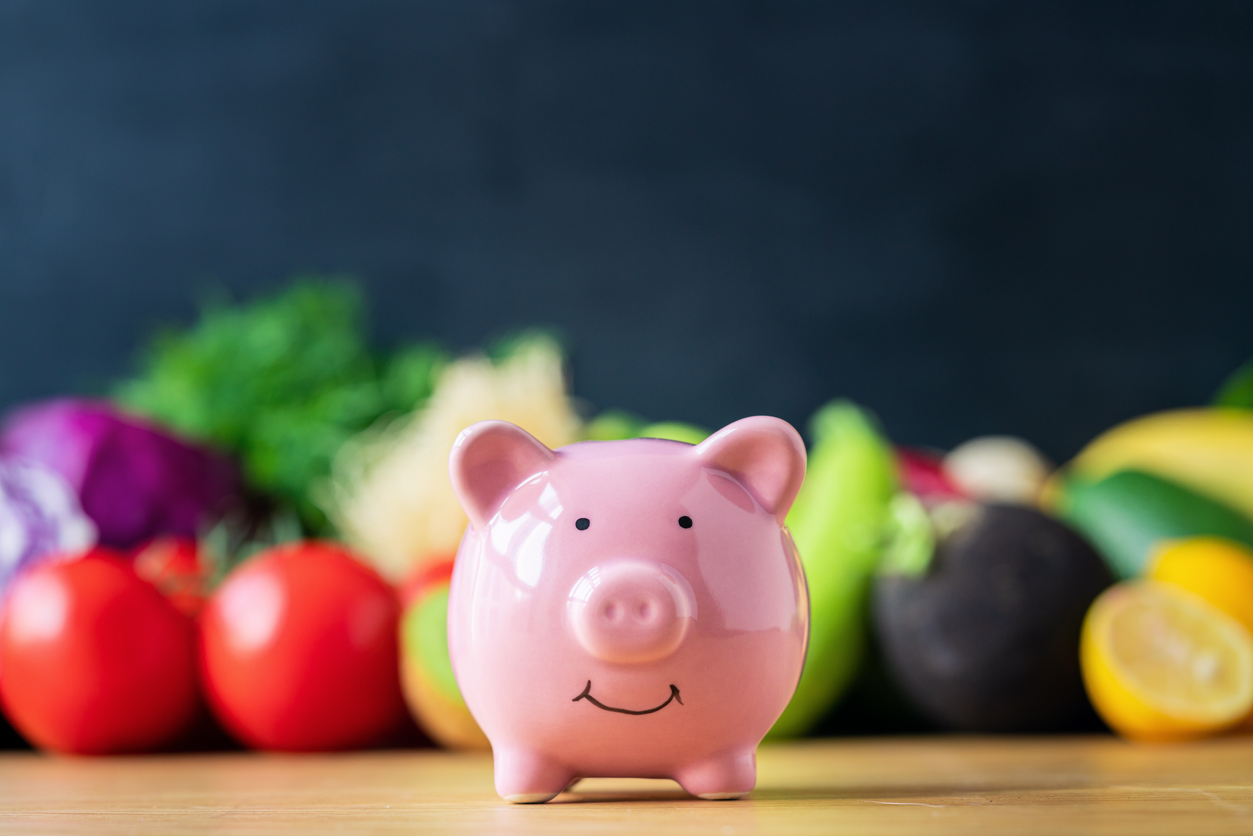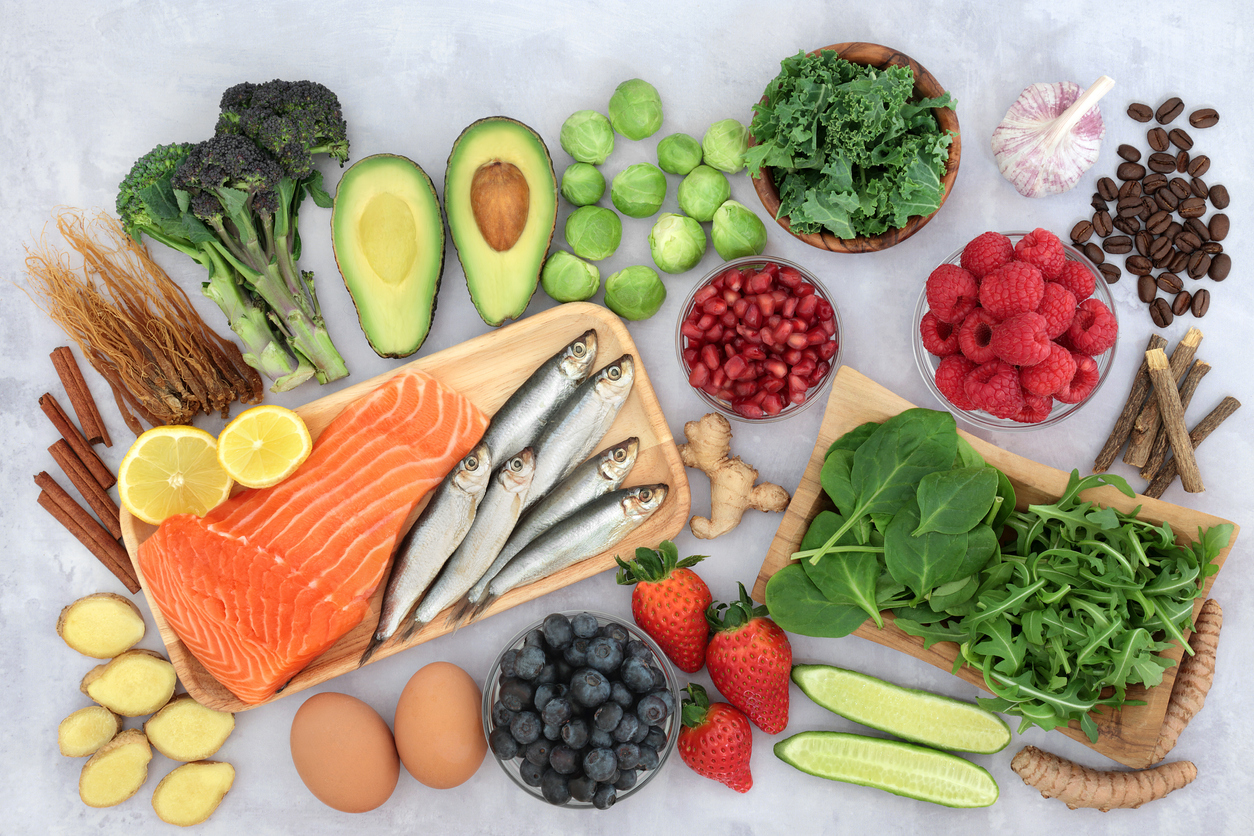Wellness
Tips for Eating Out While Dealing with Food Allergies or Limitations

What is a food allergy?
A food allergy is the result of the body’s immune system recognizing certain proteins in food as harmful. When the food triggers an abnormal immune response, the body releases histamine, causing inflammation. Food allergies can range in severity from mild to life-threatening, or anaphylaxis. Food allergies are different from food intolerances, which is a problem digesting food that does not involve the immune system.
What is a food limitation or restriction?
A dietary restriction or limitation involves reducing or omitting certain foods from the diet. While this may be the result of food allergies, food restrictions may also be due to religious reasons, dietary sensitivities, food intolerances, ideological beliefs, etc.
Eating out with food allergies or restrictions
For individuals with food allergies or limitations, eating out can be a challenge. It is often difficult to know the exact ingredients in a food or beverage prepared outside the home. Even if the ingredients are safe, cross-contamination is a huge concern.
However, there are ways to make dining out simple and safe. Tips for dealing with food allergies or limitations while eating out include, but are not limited to, the following:
- Choose restaurants wisely. Certain restaurants make it easier to dine with food limitations than others. Some restaurants specifically offer menu options that are vegan, gluten-free, or meet other dietary needs. You should avoid buffets, salad bars, or restaurants with a high chance of cross-contamination.
- Research ahead of time. Viewing the restaurant’s menu ahead of time allows you to see the available options. Call the restaurant and ask about food allergy accommodations and practices.
- Eat out during slow times. Chefs are more likely to make a mistake during peak hours. Staff and managers are also busier, leaving them less time to speak with you. Eating out during their slow times helps ensure your food is prepared as needed.
- Do not be afraid to ask for what you require. Restaurants deal with food allergies and accommodations on a regular basis. Politely request for a substitution or that a certain ingredient be left out of a dish. If you have severe food allergies, talk to the staff, manager or chef about preventing cross-contamination.
- Send food back if needed. If the food arrives with an allergen or ingredient that cannot be consumed, there is no shame in sending it back. Although mistakes happen, kindly asking for the dish to be made again is generally not an issue. It is much better to send it back than to risk eating something that may cause you harm.
- Have medications available. Always bring necessary medications, such as antihistamines or epinephrine, if you have severe allergies or intolerances. They can be life-saving in the event of an emergency.
- Show appreciation. If restaurant staff goes above and beyond to accommodate a food allergy or limitation, show appreciation. You can do this by expressing gratitude to the staff or manager, tipping well, and leaving a positive review online.
Additional sources: Celiac Disease Foundation and One Green Planet


